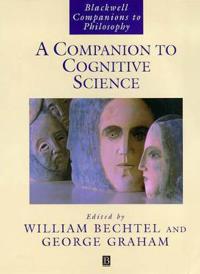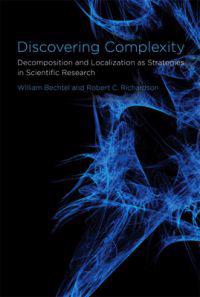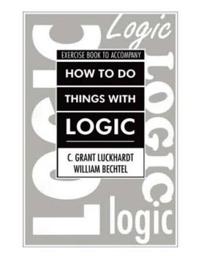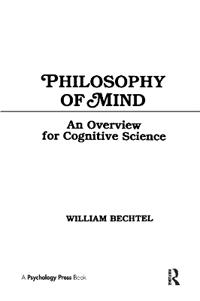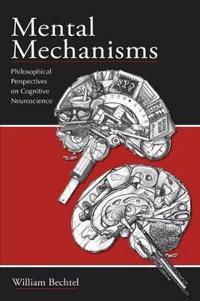A Companion to Cognitive Science (Häftad)
avBechtel, Graham, William Bechtel
ISBN: 9780631218517 - UTGIVEN: 1999-09Unmatched in the quality of its world-renowned contributors, this multidisciplinary companion serves as both a course text and a reference book across the broad spectrum of issues of concern to cognitive science.[...]
Discovering Complexity (Häftad)
avWilliam Bechtel, Robert C. Richardson
ISBN: 9780262514736 - UTGIVEN: 201009In Discovering Complexity, William Bechtel and Robert Richardson examine two heuristics that guided the development of mechanistic models in the life sciences: decomposition and localization. Drawing on historical cases from disciplines including cell biology, cognitive neuroscience, and genetics, t[...]
Discovering Cell Mechanisms (Häftad)
avWilliam Bechtel
ISBN: 9780521729444 - UTGIVEN: 2008-04Between 1940 and 1970 pioneers in the new field of cell biology discovered the operative parts of cells and their contributions to cell life. They offered mechanistic accounts that explained cellular phenomena by identifying the relevant parts of cells, the biochemical operations they performed, and[...]
How to Do Things With Logic (Pocket)
avC. Grant Luckhardt, William Bechtel, C. Grant Luckhardt
ISBN: 9780805800777 - UTGIVEN: 1994-03In the past 15 years a host of critical thinking books have appeared that teach students to find flaws in the arguments of others by learning to detect a number of informal fallacies. This book is not in that tradition. The authors of this book believe that while students learn to become vicious cri[...]
Philosophy of Mind (Pocket)
avWilliam Bechtel
ISBN: 9780805802344 - UTGIVEN: 1988-05Specifically designed to make the philosophy of mind intelligible to those not trained in philosophy, this book provides a concise overview for students and researchers in the cognitive sciences. Emphasizing the relevance of philosophical work to investigations in other cognitive sciences, this uniq[...]
Mental Mechanisms (Storpocket)
avWilliam Bechtel
ISBN: 9780805863345 - UTGIVEN: 200708A variety of scientific disciplines have set as their task explaining mental activities, recognizing that in some way these activities depend upon our brain. But, until recently, the opportunities to conduct experiments directly on our brains were limited. As a result, research efforts were split be[...]

